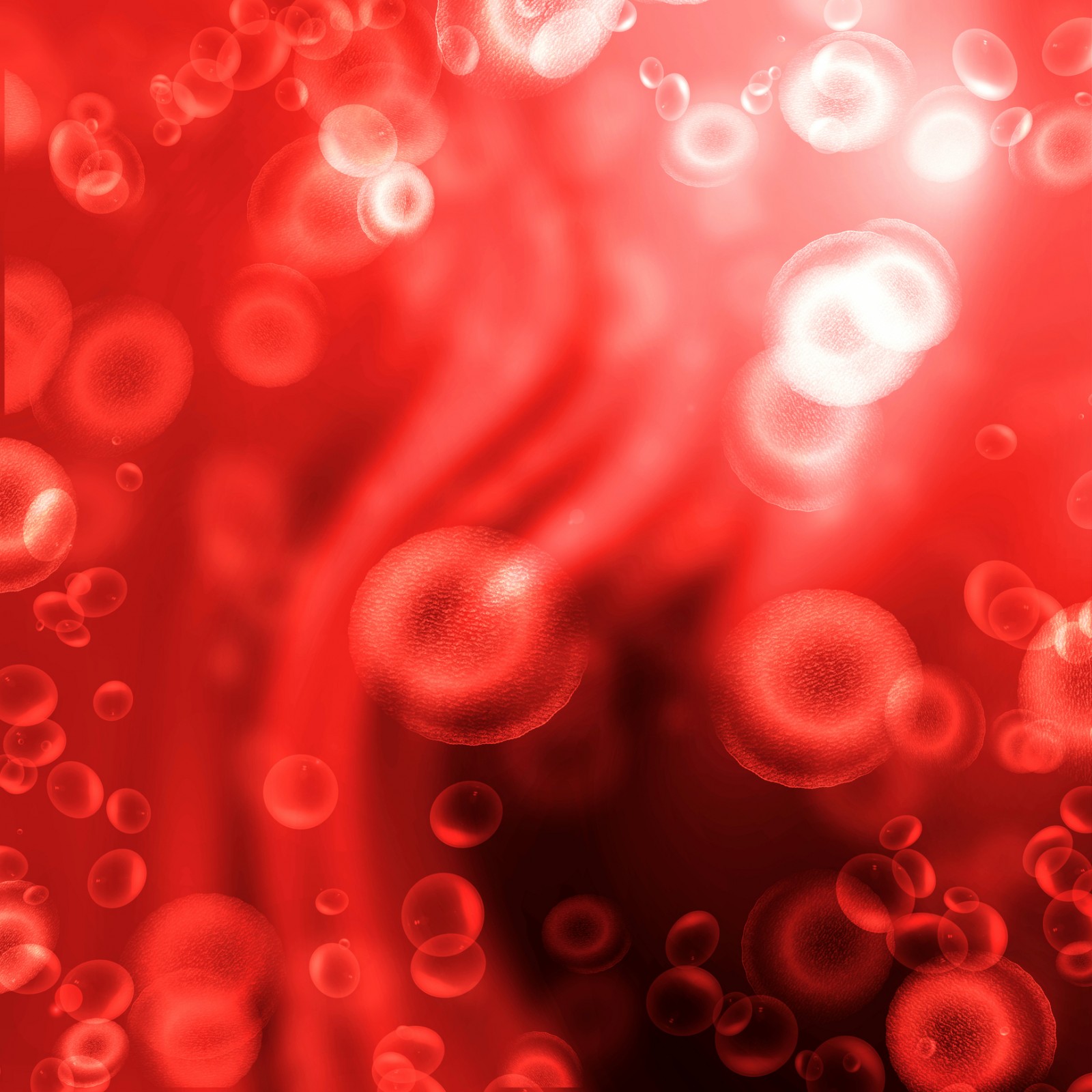Vitamin B12 deficiency in Adults & Children can become serious and debilitating if not diagnosed. Many of the signs and symptoms can be similar to other health problems and sometimes health professionals may be looking for diseases rather than nutrient deficiencies.
Vitamin B12 is also called cobalamin and cyanocobalamin. It is water soluble and found mainly in foods from animals. It is an essential vitamin and sometimes known as a ‘feel good’ vitamin as, along with other B vitamins it ensures a healthy nervous and energy system. It forms and regenerates red blood cells and is essential for growth and development being necessary to utilize fats, proteins and carbohydrates. It improves concentration, memory and balance and also helps detoxify cyanide from foods and airborne toxins like tobacco smoke.
SIGNS AND SYMPTOMS IN ADULTS
- weight loss
- weakness or fatigue
- muscular soreness
- sore, red tongue
- headaches
- shortness of breath
- abdominal bloating
- Palpitations
- Anaemia
- Depression and other Psychological symptoms
- Problems with memory, understanding and judgement leading to Dementia
- Neurological symptoms such as ‘pins and needles’ in extremities, Peripheral Neuropathy
- unexplained Vision or taste impairment
CAUSES
- Nutritional – people following a vegan, vegetarian or low protein diet. Low dietary intake over a prolonged time are at risk of deficiency. All of these people should take a Vitamin B Complex supplement that includes B12.
- Malabsorption – Lack of a protein produced in the stomach called the ‘Intrinsic Factor’ can mean that B12 cannot be absorbed. This is called Pernicious Anaemia and the treatment is high dose B12 injection. Anyone who has had to have part or all of their stomach removed would be in a similar position.
- Digestive – antacid medications interfere with the absorption as stomach acid is necessary for proper absorption so anyone on antacids or PPI drugs, especially during pregnancy should supplement B12. Inflammation and damage to the intestines can cause inability to absorb B12, as in Coeliac disease, Crohn’s etc. Also some other medications, like anticonvulsants,inhibit absorption. People over the age of 60 with other health problems, poor diet and diminished stomach enzymes and acid may also be at risk. B12 deficiency can also occur due to SIBO when there is slower movement of food through the intestines allowing an overgrowth of the wrong bacteria and these bacteria steal the B12 for their own use. Intestinal parasites can also be a cause.
- Autoimmune Disease – Pernicious Anaemia is an Autoimmune disorder but other Autoimmune conditions can also be present that will possibly be accompanied by lack of Vitamin B12 – Graves Disease, Hashimoto’s disease, Vitiligo, MS and Addison’s Disease (Adrenocortical Insufficiency) for example.
SUPPLEMENTS AND DIET
Supplements can be in the form of tablets or capsules of Vitamin B12 plus a Vitamin B Complex or sometimes if deficiency is due to insufficient stomach acid then a sub-lingual powder can be just dropped under the tongue and will absorb through the mucous membrane of the mouth. Supplements of between 50mcg and 2,000mcgs have been reported safe. The outlook once diagnosed and treated is excellent. Probiotics may improve digestion and absorption.
Dietary sources of Vitamin B12 Read More
